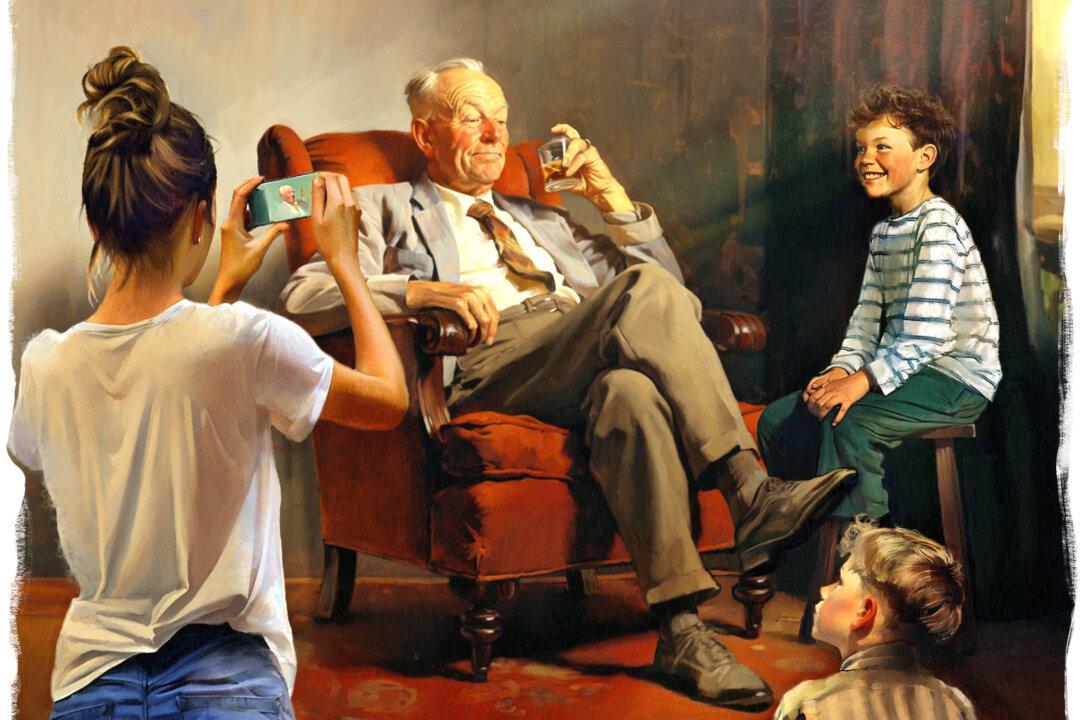Peter Pauper Press’s “Peace of Mind Planner” isn’t only a bit of a tongue twister but an invaluable tool for preparing for death. Owners of the book will find sections in which to record bank and insurance information, passwords to accounts, email addresses of friends, the location of important documents, and a myriad of other details, all aimed at helping those we leave behind settle our estate.
For those looking for a dash of black humor, the publishers have issued an identical book under the title “I’m Dead. Now What?”






